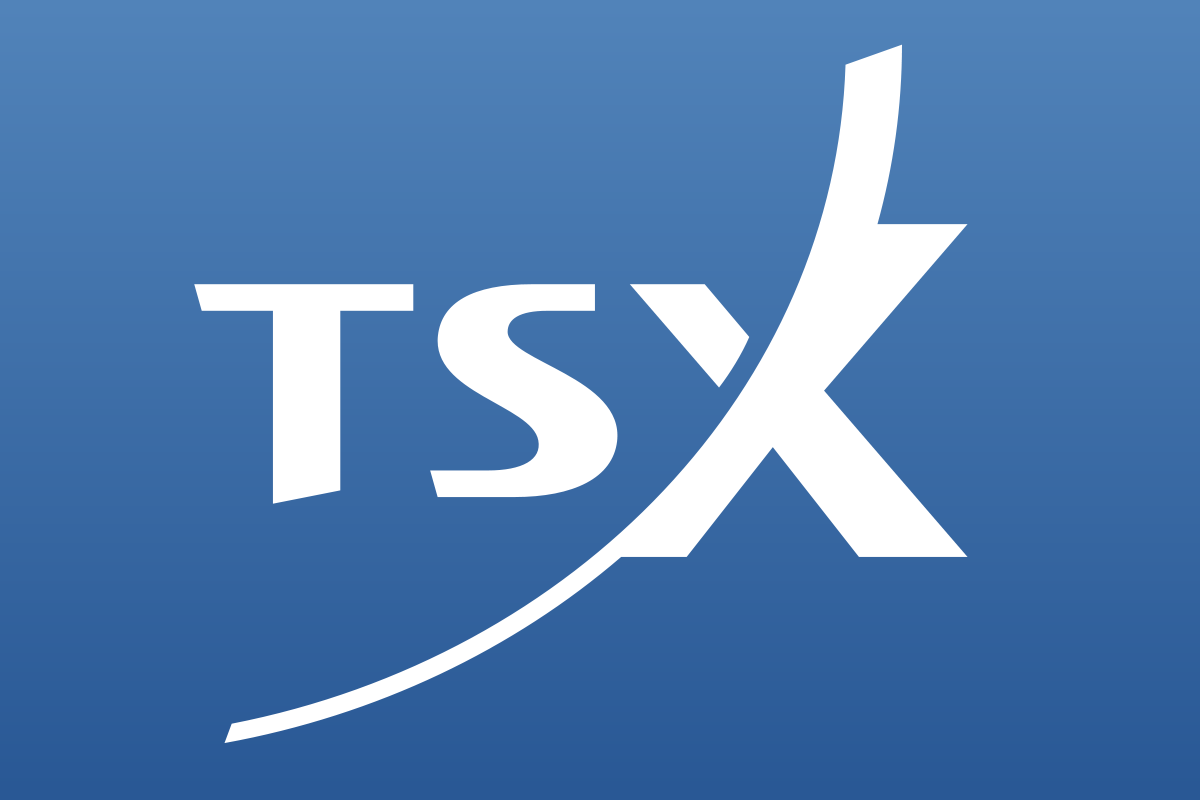The Canadian stock market on Thursday demonstrated insignificant growth, which is associated with the analysis of the reporting of large technological companies such as META and Microsoft. The S&P/TSX 60 index increased by 0.2%, which amounted to 2.5 points, despite a small decline on the previous day. Toronto’s composite S&P/TSX index also increased by 0.1%, which was a positive moment among the uncertainty caused by the current reporting season and external economic factors.
The market growth was supported by yesterday's report on the gross domestic product (GDP) of Canada, which showed a reduction by 0.2% in February. This decline was due to a reduction in activity in production industries. Despite this, economists express the expectations of moderate reduction in GDP in the next quarter, which can lead to a decrease in interest rates in Canada by 25 basic points at the next meeting of Canada Bank in June.
The reporting season in Canada was overshadowed by uncertainty caused by an unstable trade policy, especially in the light of the actions of the American president Donald Trump. Despite these external factors, the markets continued to hesitate, waiting for the results of companies and the influence of economic policy on the growth of the Canadian economy.
It is noteworthy that against the backdrop of such moods, Canadian Prime Minister Mark Karny strengthened his position regarding the protection of the country's economic independence. In the conditions of the minority government, its role in making important decisions on economic policy can become decisive, which also affects investment moods in the country.
American markets demonstrate stability
Meanwhile, American stock indices showed positive results on Thursday. Dow Jones increased by 0.6%, S&P 500 increased by 1.1%, and NASDAQ showed a jump by 2.1%. This growth was due to the positive reports of large companies such as META and Microsoft, as well as an improvement in expectations about future growth and inflation.
The markets evaluated the reports of companies in which the results exceeded expectations. Meta Platforms, despite the intense political situation and possible economic risks, demonstrated the superiority of profit per quarter. One of the factors of success was an optimistic forecast, which indicated an increase in investment in artificial intelligence, which removed fears about a slowdown in demand for this technology. Microsoft also demonstrated excellent results, especially thanks to the Azure cloud business, which showed an increase of 33% in annual calculus.
At the same time, McDonald's and Eli Lilly reports showed disappointing results. McDonald's recorded an unexpected decrease in comparable sales, which led to a drop in shares by 1%. Eli Lilly, despite the exceeding the proceeds, also encountered problems related to the sales of the new Zepbound drug, which caused a decrease in its shares by 4%.

Additional events in the stock markets also include the decision of the federal judge in the United States that Apple violated the antimonopoly ban, as well as news about the mitigation of the US tariffs to the UAE chips, which led to the growth of Nvidia and Tesla shares.
Oil and gold prices
Oil and gold markets also demonstrated mixed results. Oil prices began growth after several days of falling, which was caused by fears about the reduction in demand against the background of a slowdown in the US economy. At the time of writing, the WTI oil has risen in price by 0.8%, and Brent oil was 0.7%. Nevertheless, over the current month, oil has lost more than 15%, which is the largest fall since November 2021.
The gold, on the contrary, continued to fall, as investors began to return to more risky assets, such as promotions. The price of gold decreased by 2.1%, which is also a consequence of growth in stock markets, where investment moods have improved.
Conclusion
Thus, the current economic situation in Canada and abroad demonstrates a complex picture. Despite small fluctuations in the Canadian market, the main attention of investors is now focused on the analysis of the reporting of companies and external economic factors, such as the US trade policy and GDP data. The US reporting season also makes its share of uncertainty, but the positive results of large technological companies give the basis for moderate optimism.

